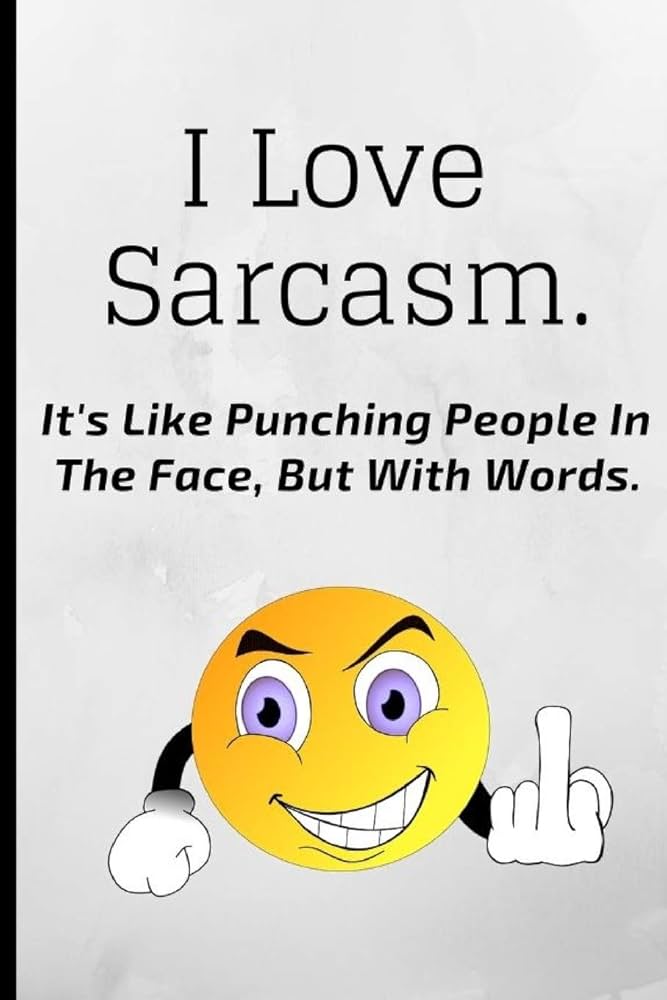Sarcasm Can Make Us More Creative And Receive The Attention Of People Who’s Attention We Want
Humans have the curious habit of communicating using words that seem independent of the actual meaning of the sentences. Any poem is a clear example of this. However, our way of playing with language goes far beyond moments of artistic inspiration. Our conversations are plagued with moments in which what we want to say comes out in opposite direction. Entire personalities are forged from these kinds of contradictions.
Sarcasm is another way this symbolic clash manifests itself. When a message is delivered that incorporates a significant amount of sarcasm, it is conveying the exact opposite. It is precisely this discrepancy that makes covert mockery a good source for training our creativity.
Producing and interpret sarcasm involves imagining something and simultaneously its opposite. This poses a challenge to our brain.
How Sarcasm Affects The Human Brain
In order to recognize sarcasm requires several parts of the brain working together. The brain then processes the literal information of the words. It then sends a signal to other areas of the right hemisphere and the frontal lobes.
A Little Mental Training In Creativity
A group of researchers conducted a series of experiments in 2011. These experiments demonstrated how exposure to a speech with hints of sarcasm improves people’s performance in tasks related to creativity.
In this study, volunteers listened to a message recorded on a company’s customer service line. This audio track featured a person complaining about the company’s delivery times. However, not all participants heard the same message. Some heard a message in which the complaint was expressed directly with a negative tone of voice. Others heard a complaint delivered ironically, with negative intonation but positive language. A third group of volunteers heard a complaint delivered in neutral language and with a tone of voice devoid of emotion.
After experiencing this, the participants were asked to solve a series of problems, some of which required lateral thinking and creativity, while others were analytical. The people who had heard the aggressive complaints performed slightly better than the others on the analytical tasks, but were the worst offenders on the creative tasks. It was the volunteers who had heard the sarcastic complaints who stood out, scoring significantly better on the creative problems.
People whose brains had to work to interpret sarcastic speech had become better able to solve tasks that depend on integrating varied information not directly related to the instructions to be followed. Thus, someone exposed to irony can excel at lateral thinking, finding new relationships between seemingly unrelated ideas.
Pointing to new research
More research is still needed to see whether the effects of this mental training in sarcasm processing are sustained over time or depend on the frequency with which people use sarcastic messages. It’s possible that sarcastic people are more creative, or it could be that we all see an equal improvement in our ability to think creatively after being exposed to a dose of irony.
In any case, it’s not difficult to intuitively find a relationship between sarcasm and creativity. The idea of a brain accustomed to working with literal elements on the one hand and emotional and contextual aspects on the other is a powerful image, easily associated with the world of people who work producing art, trying to express feelings that go beyond the technique and elements used, and who consider the context in which their work will be displayed. Although you’ve probably already realized that.



